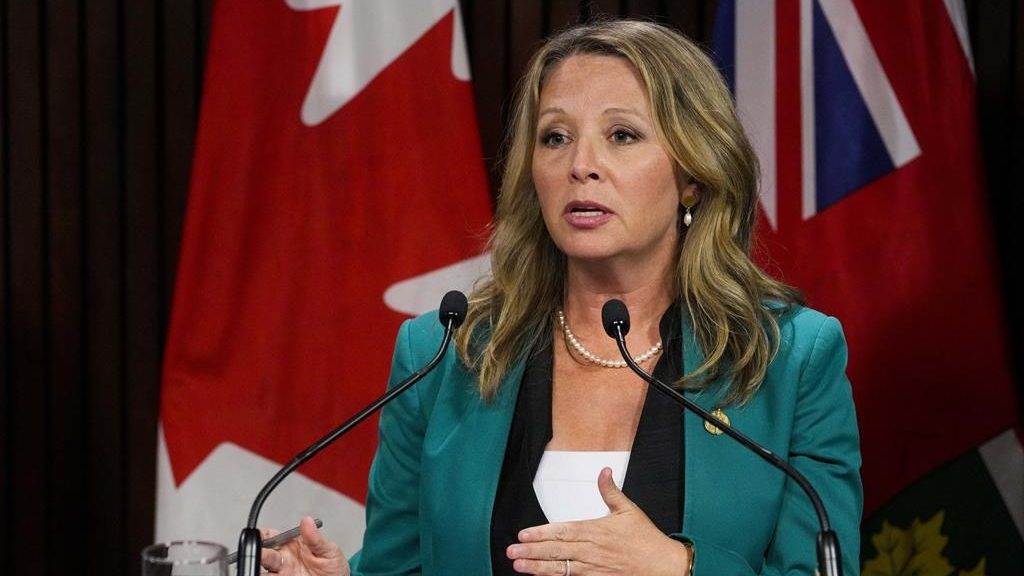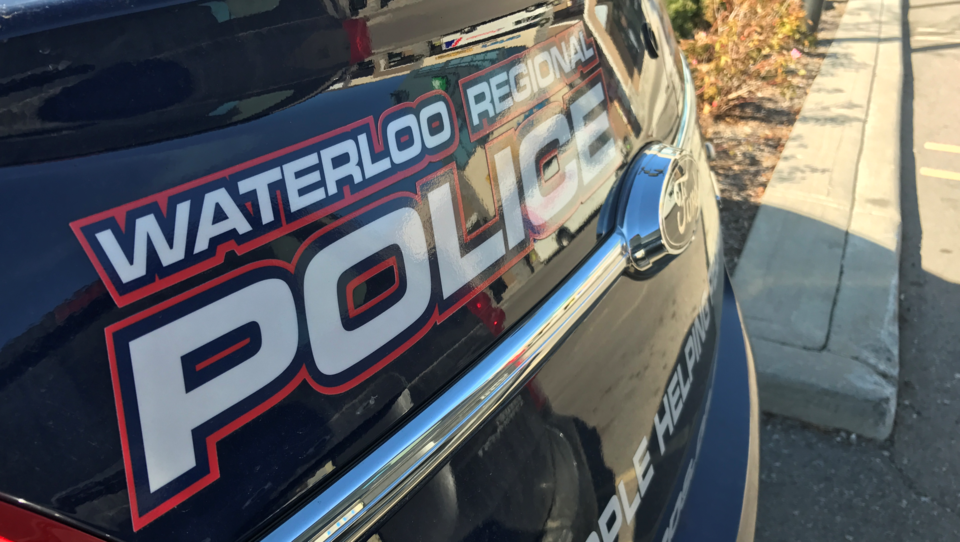Brain stimulation clinic at “Breakwater Neuro” seeing great results in treating depression
Posted Oct 25, 2021 03:46:00 PM.
Dr. Philip Toman and his colleagues at the Breakwater Institute in Cambridge primarily treat people who are employed in high-stress professions, such as first responders and the military. However, they saw a need for the same kind of effective treatments for mental health problems in the wider community, so they launched Breakwater Neuro.
Depression is a particularly widespread and burdensome problem, and it’s become much more so since the arrival of COVID-19. It can haunt people with thoughts of hopelessness and worthlessness, render them unable to work or enjoy their lives, and sometimes even pushes them to take their own lives.
Breakwater Neuro provides and advanced medical treatment that works well for people struggling with depression. It’s called Repetitive Transcranial Magnetic Stimulation, or rTMS. Dr. Toman said, “This technology stimulates the brain in such a way as to alleviate the symptoms of depression.”
How does rTMS work?
rTMS is an out-patient treatment that involves positioning an electromagnetic coil over the scalp and sending a rapidly pulsed electrical current through the inside of the coil, which stimulates the underlying brain tissue. According to Dr. Toman, “If you can affect one spot, you can effect deeper spots that are connected to it. You can alter the activity of the entire brain network.”
For depression, the key is targeting a specific site on the surface of the brain’s frontal lobes that communicate closely with a deeper area, which in turn is closely connected with mood. Dr. Toman said, “We’re indirectly stimulating that spot through the natural connections within the brain, and that helps to bring people out of depression. If a person is depressed long enough, their brain gets into a groove and keeps them there. This brain stimulation helps to get them out of that unhealthy groove.”
The standard treatments for depression are psychotherapy, medications, and in more severe cases, electroconvulsive therapy or ECT. While medications and ECT affect the entire brain, rTMS is much more focally targeted, which leads it to have few side effects, and often none at all.
Who would be a good candidate for rTMS?
Depression is a huge burden on individuals, families, and society. Many people simply don’t respond well to medications or therapy. According to Dr. Toman, “Anyone over the age of 18 who struggles with depression and who has tried at least one medication is a good candidate for rTMS, because its benefit-to-side-effect ratio is so favourable.”
How well does rTMS work?
When rTMS is delivered in a clinical setting, about one in three patients reports at the end of treatment that the depression has cleared completely. Another third shows a good response but still have some residual symptoms, and the final third don’t notice any changes. Dr. Toman finds these results encouraging, “Because typically people suffering with depression who come to our clinic have tried other things and they’ve failed entirely. The fact they have access to something this effective is very positive.”
Typically, at Breakwater Neuro a course of treatment consists of a series of ten-minute office visits, every weekday for six weeks. During each session the patient feels a sensation like a rapid tapping on their scalp, while he or she sits in a comfortable chair and chats with the technician. After each treatment the patient can simply go about their day as usual.
Results are promising
The clinic gathers information by having patients complete daily symptom questionnaires and doing a comprehensive assessment at the beginning and end of treatment. But Dr. Toman especially likes hearing people’s own descriptions of how the treatment is impacting their mood. “Usually around session 15 we start hearing people say they feel lighter or brighter. One patient recently told me, “It almost seems like the colours are more vivid and the sky is more blue.”
For many, rTMS treatment is so effective, it allows them to return to work or engage in activities that they had previously enjoyed but had not done in a long time.
If you would like to contact the Breakwater Neuro clinic, please call (519) 884-6226 or visit: www.breakwaterneuro.ca










